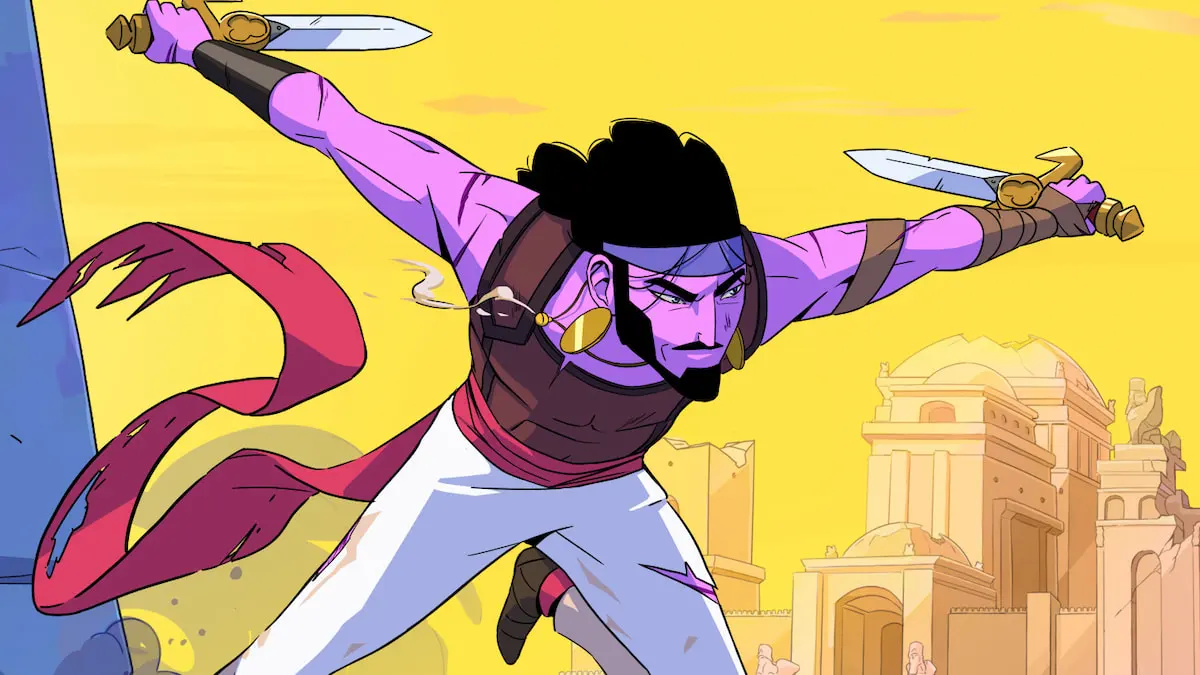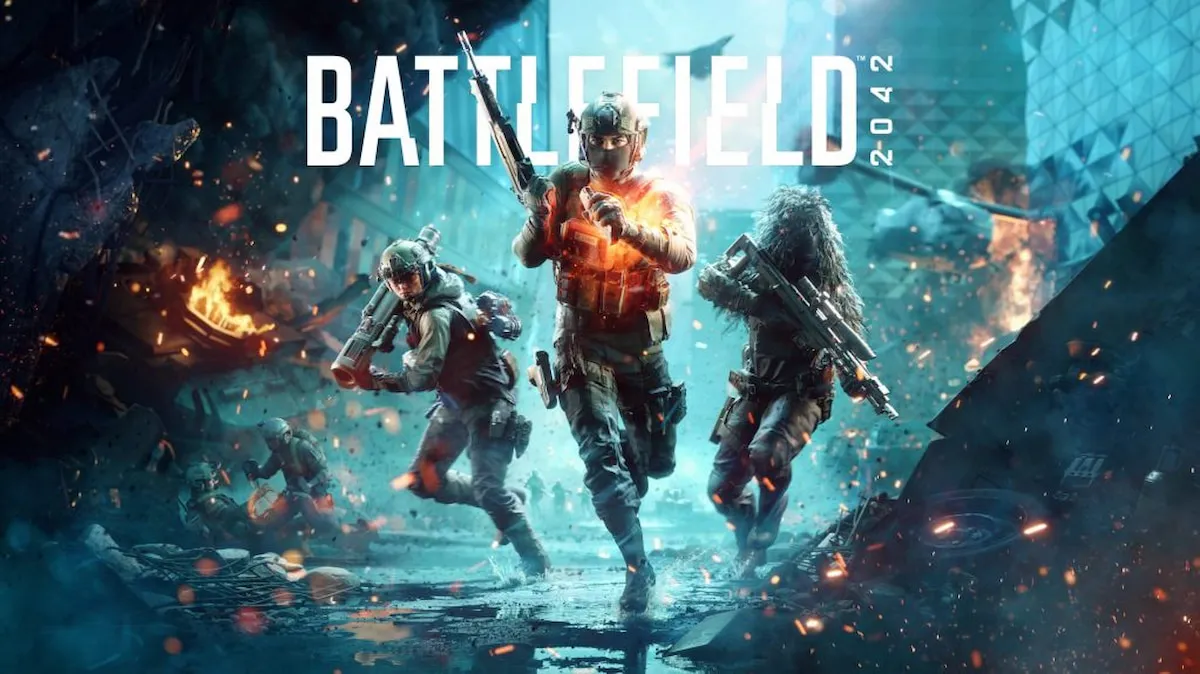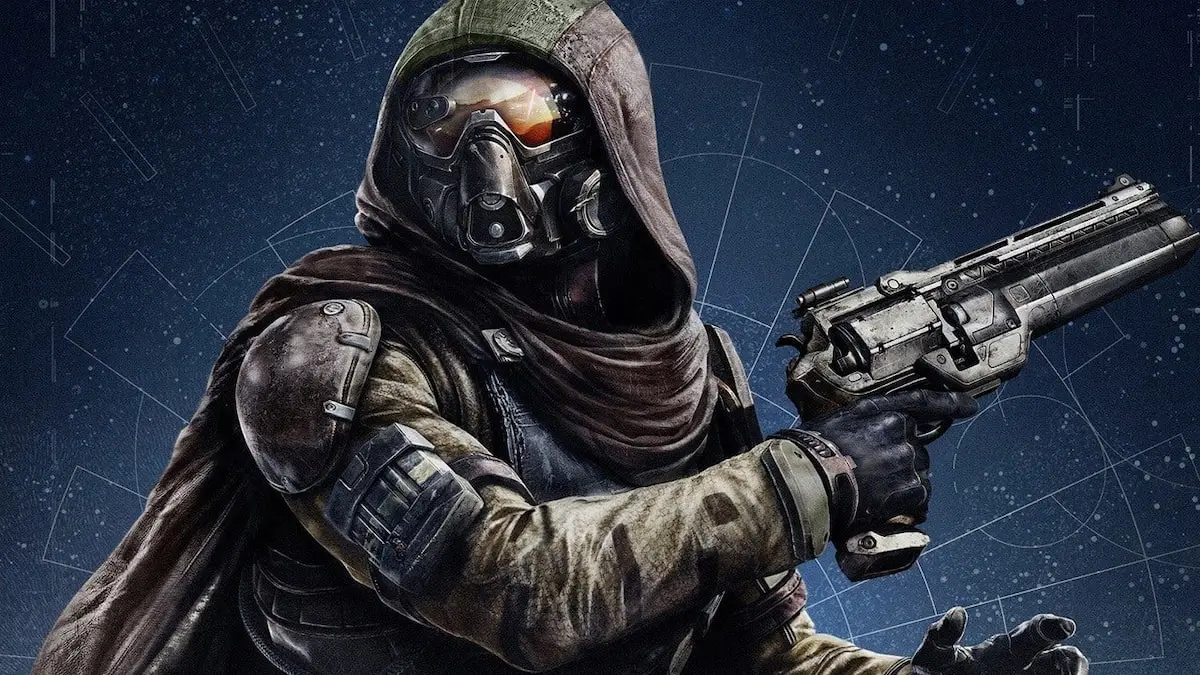We’re gathered at a press conference with the typical collection of plundering PR people, gibbering journos and generally over-enthusiastic gamers. Mike Laidlaw, Dragon Age: Origins’ Lead Designer is beavering away, chatting loudly placed slightly above the crowd atop a stage at the BioWare stand.
We approach Laidlaw to quiz him on some of the finer points of the first BioWare-produced fantasy RPG for quite some time.
Prima: Okay – to start at the most general point. How you feeling? How are you feeling about the project?
Mike Laidlaw: It’s careening towards the end, I think that’s the best way to explain it. We’re at the part where the PC version is pretty much locked down, and all the content is complete, and the game’s fully playable. We’re just doing the last bug squashes. Really, we’re concentrating on the console versions to make sure they deliver the same experience as the PC. With the one notable exception of controls and interface – that’s the huge hurdle.
Prima: So how are you approaching that?
Mike Laidlaw: We have experience with it, with Mass Effect moving to the PC and Knights of the Old Republic moving from Xbox to PC. Jade Empire. This is the first time we’ve done primarily PC development and moved it across. I think for a lot of players it’s important to note that it is a PC game primarily. The lesson we’ve learned from doing four games like this is… well, what works for a console? What works for the PC? It’s how do you make the movements of the stick work in the same way that a mouse does. We’re tuning it right now. The nice thing is that when you have a game that’s stable and running, you can load any save and jump into any scenario and go… can I win this fight? Is it still fun? Does this menu work? Can I equip these items easily? Can I compare them? All that kind of stuff.
Prima: On a really basic mechanical level, there’s four characters instead of the three you’d had in games that have hit both PC and consoles. Chatting years ago to [BioWare co-founder] Greg Zeschuk years ago about hypothetical console RPGs before KOTOR was announced, he was thinking three members was a key thing in terms of accessibility. It’s the “standard” for console RPG parties. Any problems taking it to four?
Mike Laidlaw: I don’t think so. To my mind, it’s partially driven by the tactics system where you essentially have the control of the AI of your party. So if you’re not controlling them, you can tell them to just behave in a certain way; say, “You’re a defender! I want you to get agro (to put it MMO terms), shield-bash people who are hitting the mages,” and that kind of stuff. And those are all pre-built for one-button select. But you can tune right in, and set it so that – say – if my elf is less than this percentage health, I want you to do the following things… When we give that level of control, you can take some of the micromanagement away so you don’t have to flip between them all, all the time.
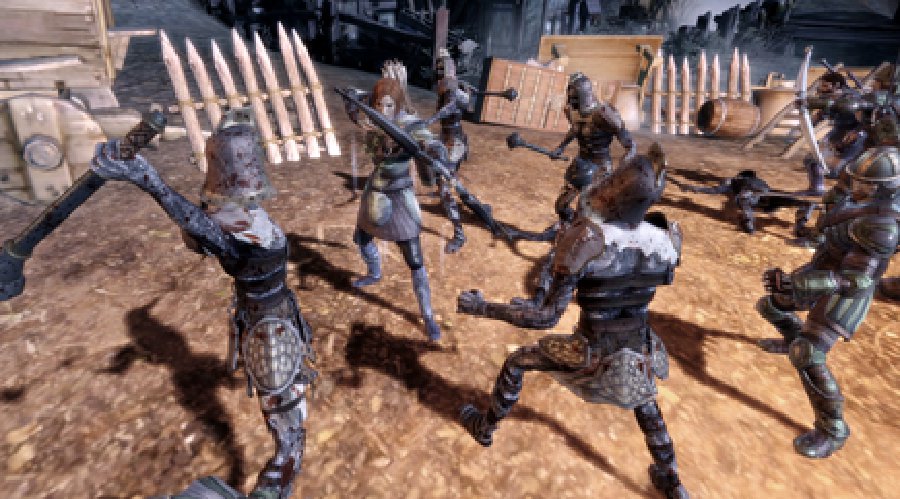
Prima: Having AI choose between standing like an idiot and using all your spells in about ten seconds is my pet bugbear in most RPGs. It’s something that’s well worth tackling.
Mike Laidlaw: To my mind, the big thing is to have the game have some pretty good feedback to give a good sense of what’s actually happening. For example, if I have a warrior in plate mail I expect him to pull the hate of the enemy. We give them a series of abilities, which can build towards being better at that, make them more effective at that. The nice thing is that we’re away from the concept of the magic missile, where once fired a character is completely out of things to do. It’s more like mana [as in, an energy level depleted by spells]. And even after that, as a mage, you still have your staff. A rogue will probably have a bow and backstabbing. Even when you’re out of true dirty tricks, there’s a lot of stuff you can do.
Prima: BioWare hasn’t done a fantasy role-playing game since the original Neverwinter Nights. That’s a very long time. What’s it like being back?
Mike Laidlaw: Oh, it’s awesome. Part of the running joke behind the title ‘origin’ [is its multiple meanings]. It’s the origin story, as well as it being the start of an IP but it’s also about us as a company going home. It’s back to this big, epic sweeping fantasy. It’s an IP we got to build ourselves, so we could say, “So, what are elves like? Let’s mix that up a little.” As much as it could feel like old ground, I don’t think it does. It’s a fresh take on a familiar space.
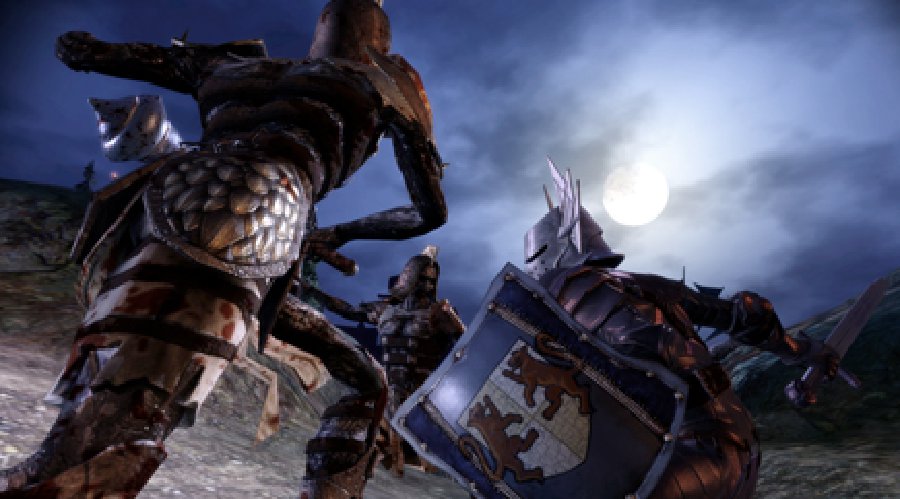
Prima: Flipping that question around, how has the fantasy RPG changed since you last made one?
Mike Laidlaw: I think it’s become more demanding in terms of the player’s sense of the experience. I think Mass Effect would have had an influence here. Moving it away from the book and more towards the movie, having a more cinematic experience of dialogue, having a cool camera cuts and dynamic moments. That kind of thing. The approach we’ve taken is to say, “We’re out of the Forgotten Realms. We’re away from where we were. What could we do to make this intriguing to us?” And that’s where the idea of the mature game, the dark fantasy comes in. Let’s make this more compelling and challenging for people.
Prima: The violence and lust from earlier, and entirely up front about it. The usual way critics describe trad-fantasy is twee. However… well, what would you say to someone who played Baldur’s Gate and thought that, no, I quite liked this. I don’t need it any more mature.
Mike Laidlaw: To my mind, what was very compelling about Baldur’s Gate was that it was a fun cool tactical experience – how do I use these characters together? Which ones do I pick? It’s all about the compelling choices. When do I drop the fireball. All those elements are still there. I’m not sure the level of maturity is the difference – but the depth, the experience itself. Does it all hang together on a single theme? Because I think our greatest failing could be it’s just a standard oh-look-a-unicorn fantasy… also, this guy’s head just popped off. For it to feel tacked on, and not part of the experience.
Making a decision early, deciding to make a mature game, to target an older audience, then knowing that all the way through… you play and it’s like, “that’s really challenging. I wasn’t expecting that kind of motivation for these characters”. That mixes up with, “I wasn’t expecting to have that much sex”. It goes into the same space. It works as one cohesive unit. It’s kind of like having a blue period.
“It’s more about sexuality than just sex. Because otherwise that’s childish.”
Prima: BioWare does Picasso. It’s interesting. If you look at fantasy fiction, you can easily draw a line between fantasy fiction where the lead gets laid all the time (say, Conan or Elric) and fantasy fiction where no-one gets laid ever (Tolkien).
Mike Laidlaw: The nice thing is that it’s all player-driven, when you think about it. Is there sex in the game? Sure… it supports the concept. That’s why I talk about lust. It’s more about sexuality than just sex. Because otherwise that’s childish. But it’s really based on the player’s experience. And some of your party really are quite cute and flirtatious. If you go I-am-not-interested-in-talking-to-you-I-have-a-dragon-to-kill, then that’s cool. That’s your game. But I want to make sure it reacts to that. That they react to that.
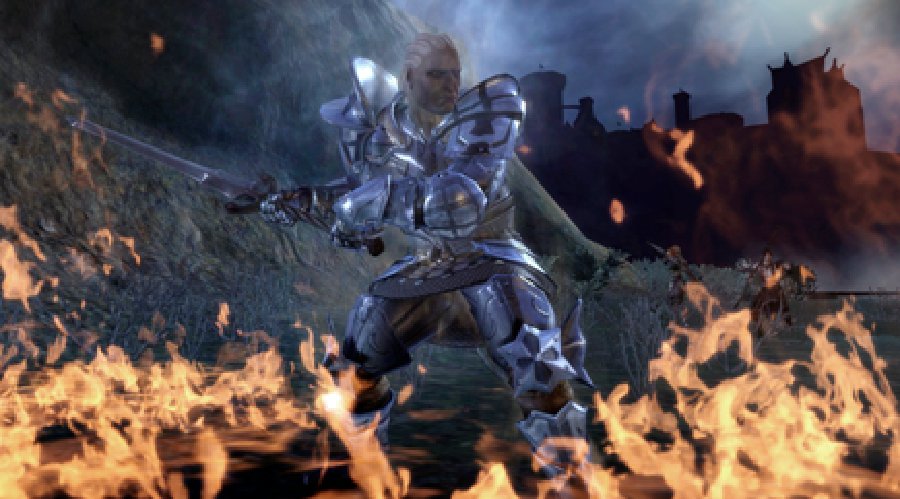
Prima: And you’ve stepped away from the rigid mechanization of morality?
Mike Laidlaw: We’ve de-mechanized morality. We’ve got away from the whole light-side/dark-side thing. Which works well in a really clearly defined situation like Star Wars, Knights of the Old Republic’s mechanic. For Dragon Age, there isn’t a morality slider at all. There’s a deliberate choice not to do that.
Essentially, there’s “is the problem solved?” and “how is it solved?” It’s up to you whether you perceive how you solved it as good or bad. What we’re trying to do is make sure every scenario where there’s a choice is broken down in such a way that you can see both sides of an issue. That’s when we’re at our most successful. When we have villains that feel like people. When you go, “Oh – I see why he made that choice.” Or you have situations where you know neither situation is really right, but neither is or really wrong. I’m going to have to resolve it one way or the other, and maybe have an extra long shower or two afterwards.


